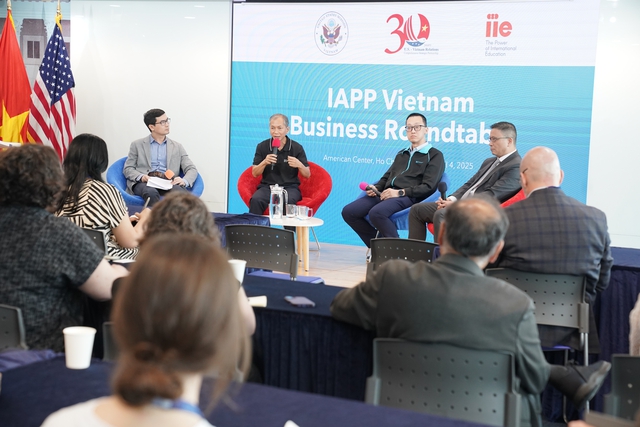
Dr. Le Quang Dam (holding microphone), General Director of Marvell Vietnam, discussed with American colleges and universities within the framework of the International Academic Cooperation Program.
PHOTO: Organizing Committee
Many potentials for school-level cooperation
Today (April 4), the delegation from the International Academic Partnership Program (IAPP) had its last working day in Vietnam. This activity was jointly organized by the US Mission in Vietnam, the Institute of International Education (IIE) and the Ministry of Education and Training of Vietnam, attracting more than 40 senior leaders from 21 US colleges and universities - schools representing private and public educational institutions in 17/50 states of this country.
Speaking to Thanh Nien on the sidelines of a discussion on public-private partnership programs, Dr. Jamie McGowan, Executive Director of International Programs and Cooperation at the University of Vermont (UVM), said that after many days of work, she saw "many opportunities in Vietnam" from research cooperation, human resource training to student exchange programs between the two schools and short-term internships.
"From semiconductors to agriculture to business and economics, we see a lot of potential," Dr. McGowan said after working with dozens of private and public universities in Vietnam. "We are quite interested in pathway programs, where students complete their undergraduate degrees at Vietnamese universities and continue to graduate school in the US," Ms. McGowan added.
Meanwhile, Professor Daniel Dale, Head of the Department of Physics and Astronomy and Vice President of the School of Engineering and Natural Sciences at the University of Wyoming (UW), shared that he is interested in the Government’s Project 89. This is a program that covers many factors to improve the capacity of lecturers and managers of higher education institutions, including the goal of funding lecturers to study full-time abroad.
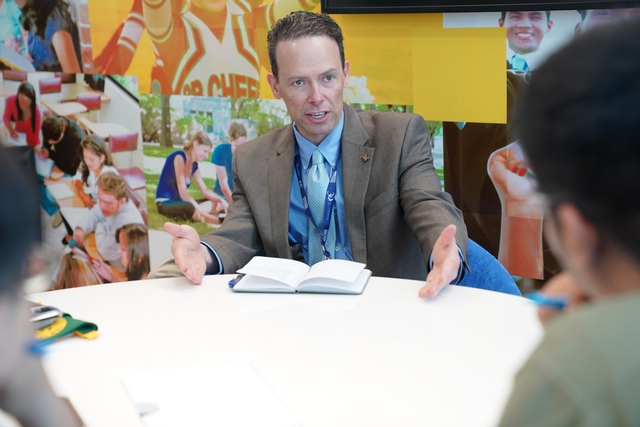
Professor Daniel Dale, representative of the University of Wyoming (USA), shares about cooperation opportunities with Vietnamese universities.
PHOTO: Organizing Committee
"This is a very interesting program, and I believe that American universities are willing to contribute more to the current support level of $25,000/year to create opportunities for excellent lecturers to study in the US," said Professor Dale, adding that American schools also want to consider increasing joint training programs 2+2 (two years of study in Vietnam and two years of study in the US), 3+1, or student exchange programs.
Sharing more about the University of Wyoming's plans, Professor Dale said he is considering the idea of sending STEM (science, technology, engineering, mathematics) students to the US for summer internships, helping them get acquainted and feel comfortable with the environment here. This will be a stepping stone for this group of students to consider pursuing postgraduate studies in the US, especially in the context of some states' aging populations and schools wanting to increase postgraduate enrollment.
What do American universities look for in Vietnamese partners?
When asked what American universities require from their Vietnamese partners, representatives of the two schools said that the school's ranking on global rankings plays a certain role, but it is not everything. "It is important to find similarities between the lecturers and research fields of the two schools, with the principle of win-win," said Dr. Jamie McGowan.
Another issue that both US universities agreed on was considering sending their students to study and work in Vietnam. "After the discussions, I'm thinking more about this," Ms. McGowan confided. Meanwhile, Professor Daniel Dale said that Vietnam is very safe, and "there would be no problem sending my students here to study." "This is a great place to consider when studying abroad," he commented.

Dr. Jamie McGowan (in black), representative of the University of Vermont, during a working session with a Vietnamese university.
PHOTO: NHAT LE
"We are also quite interested in intellectual property rights in Vietnam. Like in the STEM field, if a lecturer at my school wants to collaborate with a lecturer in Vietnam, how can they register a patent?", Professor Dale asked. "This is just one of the things that the two countries can consider if they want to develop a closer relationship. And that is also the reason I am here, to learn and talk."
In addition to seeking opportunities to cooperate with higher education institutions in Vietnam, American schools are also "extremely interested" in cooperating in training human resources with Vietnamese enterprises, according to Dr. Le Quang Dam, General Director of Marvell Vietnam. Mr. Dam said there is a lot of room for cooperation between the two sides, but unlike Vietnam, American schools will not need companies to send engineers to teach, but will only stop at informing about business needs.
Largest delegation ever
Ms. Natella Svistunova, Deputy Head of the Cultural and Information Section, Consulate General of the United States in Ho Chi Minh City, commented that IAPP is the largest delegation of American higher education institutions that the United States has ever sent to Vietnam to date. The event took place in the context of the two countries Vietnam and the United States celebrating 30 years of bilateral relations and education is a core pillar in the comprehensive strategic partnership between the two countries.
"We hope to create new cooperation programs and strengthen existing cooperative relationships to bring benefits and common development to both countries. IAPP aims to build long-term, solid cooperative relationships and this is just the first step," Ms. Svistunova shared, adding that the delegation visited government agencies in Vietnam, met with the Prime Minister as well as representatives of ministries and sectors.
Source: https://thanhnien.vn/dh-my-muon-dua-sinh-vien-toi-viet-nam-hoc-tap-vi-sao-185250404170223745.htm


![[Photo] Overcoming all difficulties, speeding up construction progress of Hoa Binh Hydropower Plant Expansion Project](https://vstatic.vietnam.vn/vietnam/resource/IMAGE/2025/4/12/bff04b551e98484c84d74c8faa3526e0)

![[Photo] Closing of the 11th Conference of the 13th Central Committee of the Communist Party of Vietnam](https://vstatic.vietnam.vn/vietnam/resource/IMAGE/2025/4/12/114b57fe6e9b4814a5ddfacf6dfe5b7f)



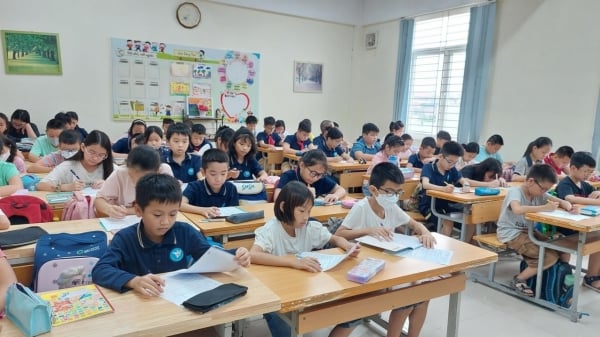

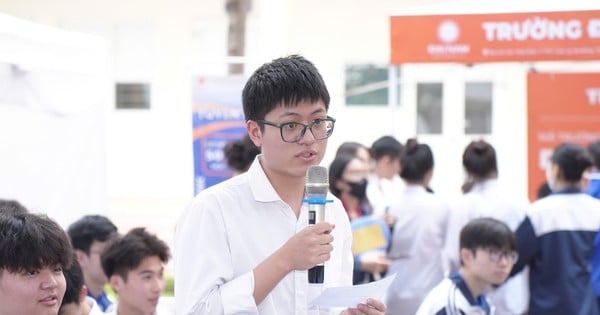
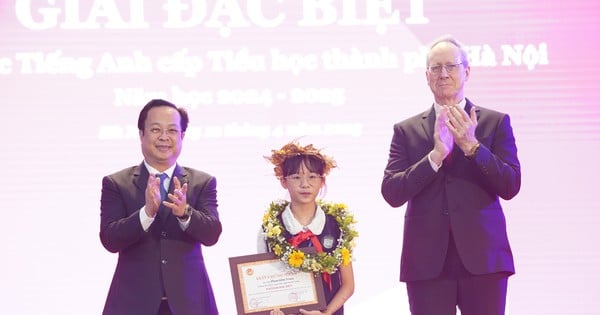
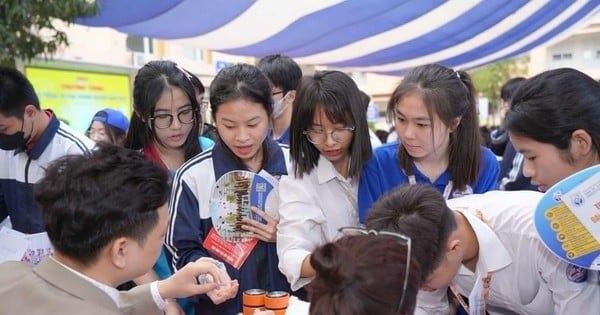
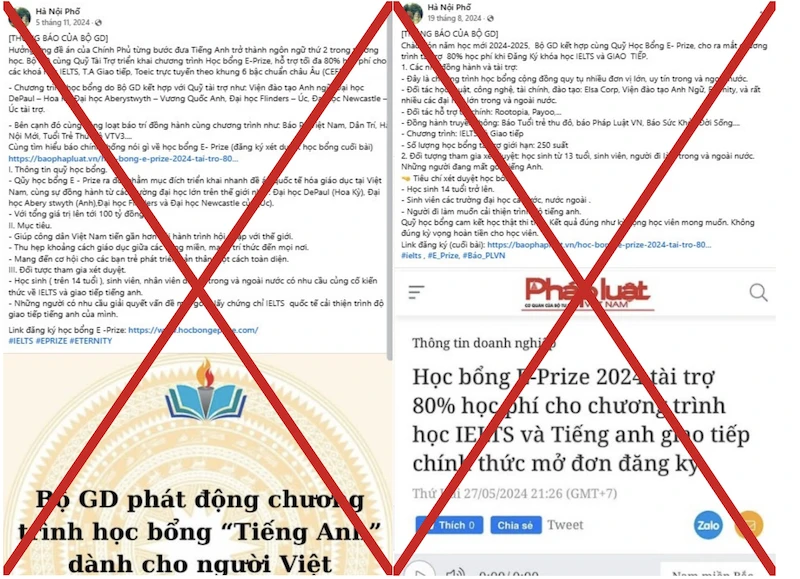



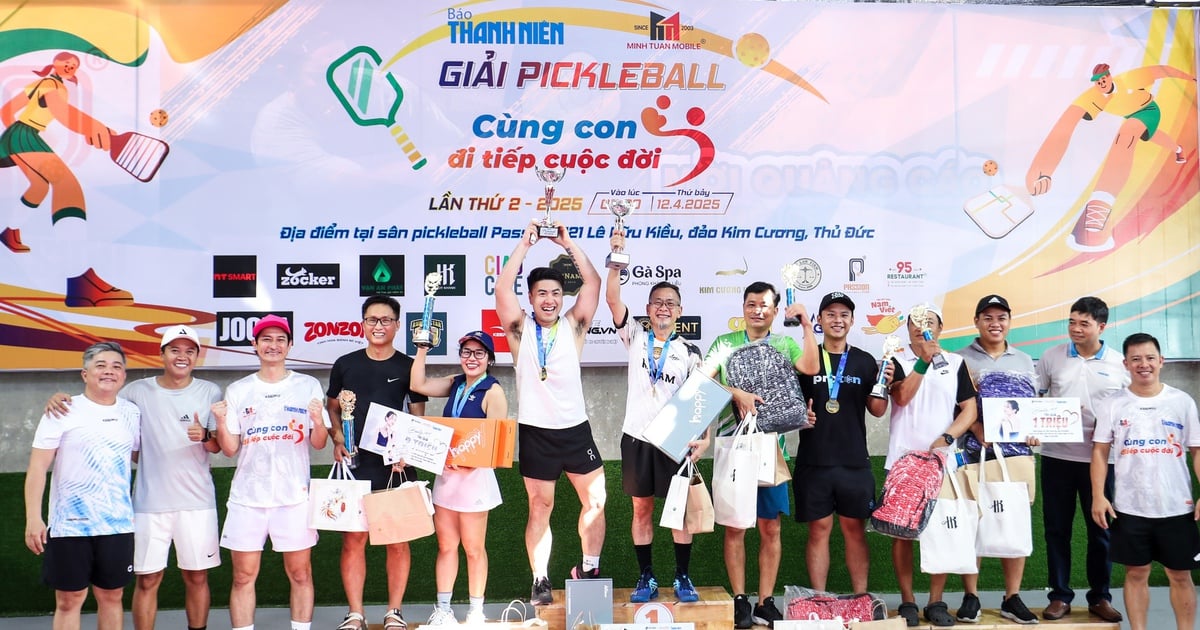
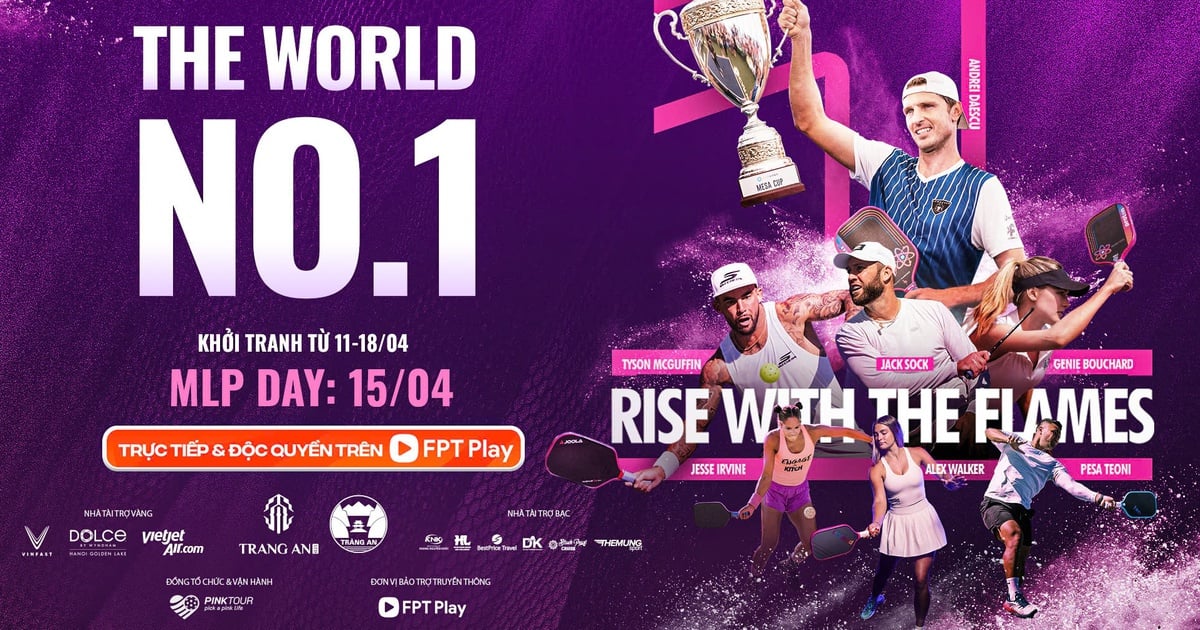
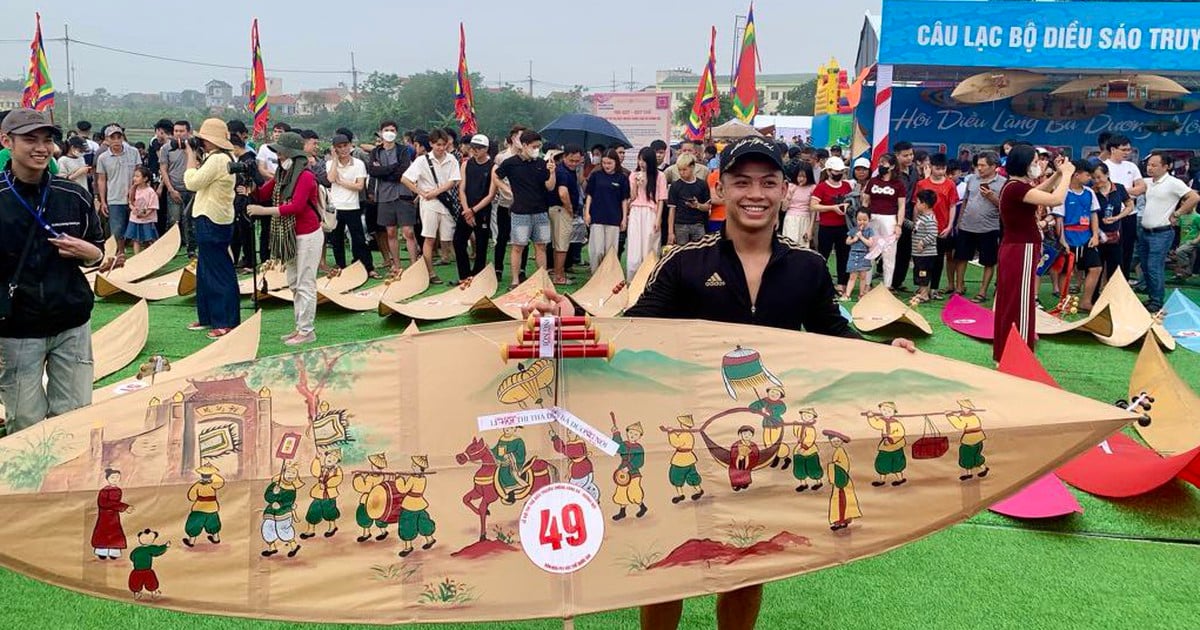
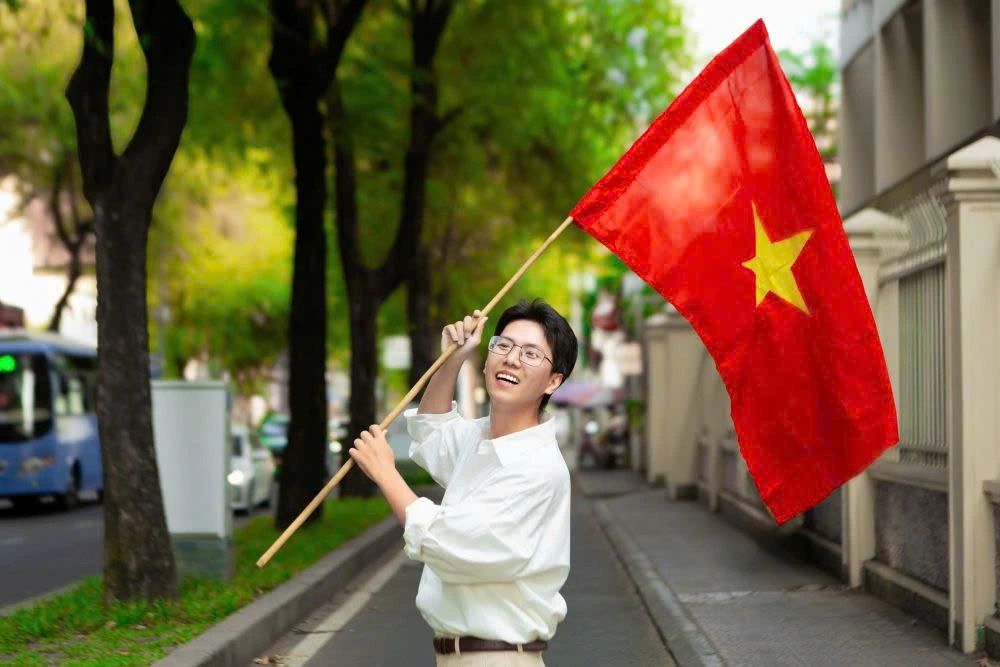















































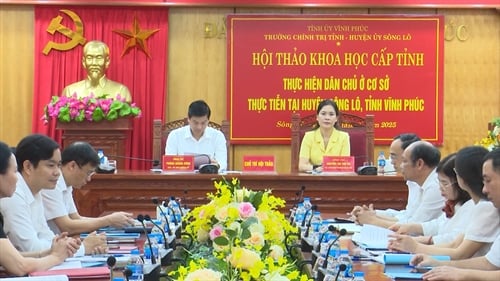

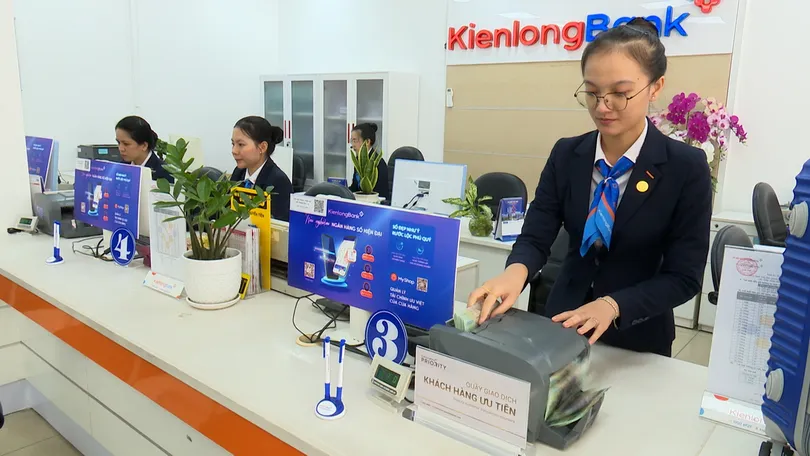
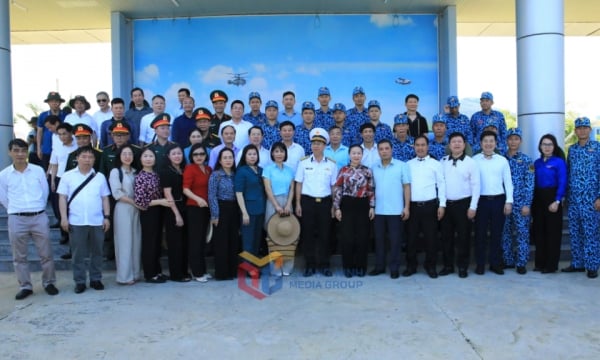
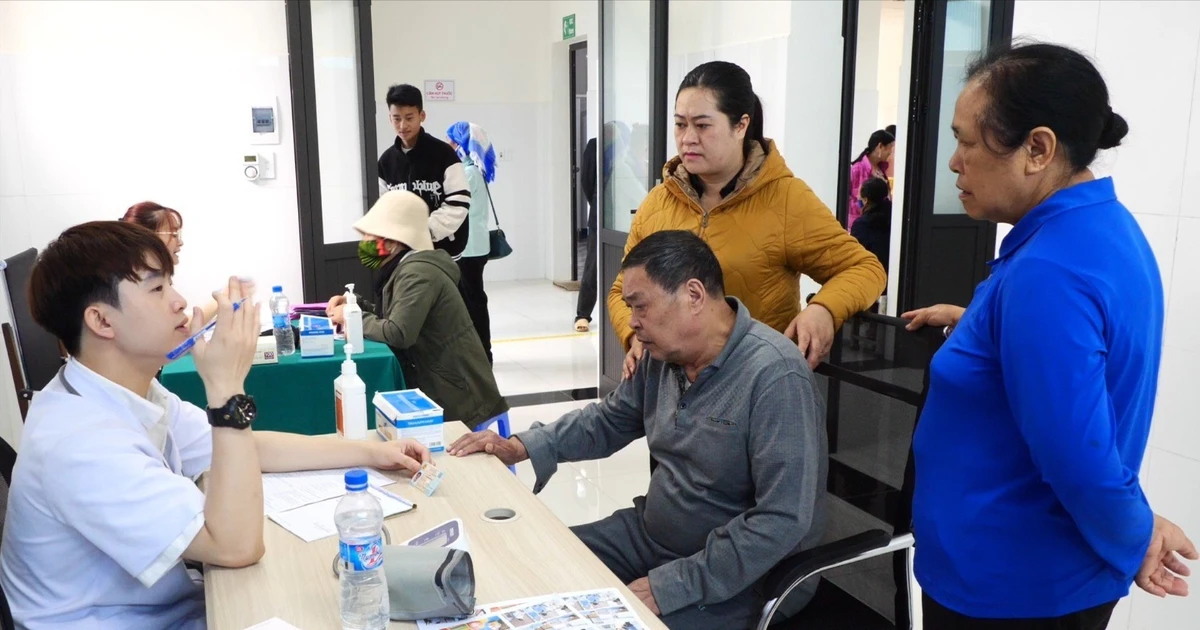












Comment (0)